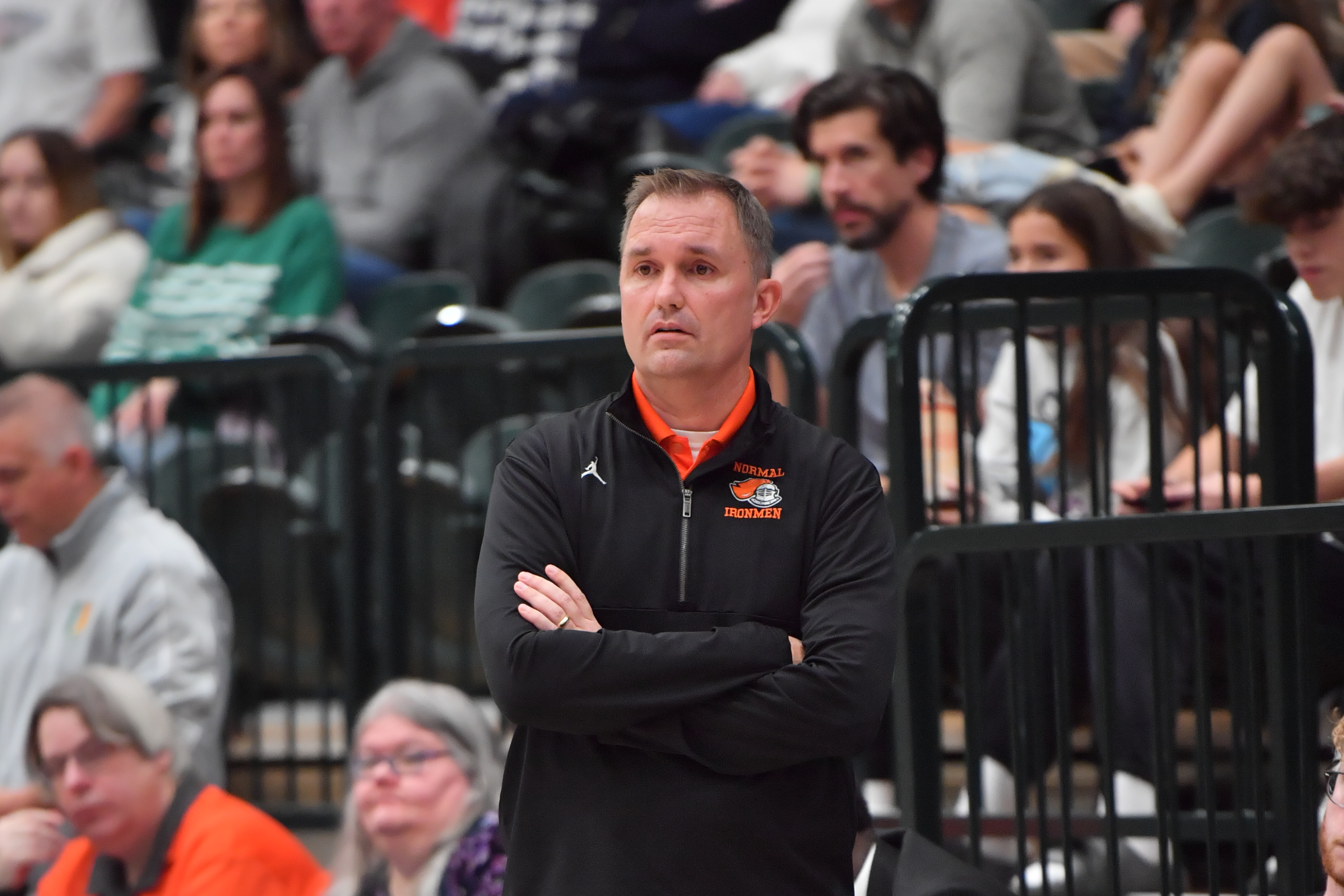The year was 2007, and Mr. Dave Feeney faced one of his toughest coaching decisions.
It wasn’t whether to call a timeout to stop the other team’s run; to switch from man to zone. It wasn’t whether to draw up a last-second sideline out-of-bounds play or let his players create in the moment. It wasn’t whether to stick with his starters or go to his bench for fresh legs late in the fourth quarter.
Instead, it was a decision that would take him away from the sidelines entirely.
After eight seasons at the helm of Community’s girls basketball program, he stepped away from the game, choosing family over fast breaks, fatherhood over full-court presses.
With his older daughter Madison starting school and his youngest, Sophia, a toddler, the grind of coaching and daily life had become too much.
He left basketball—but basketball never really left him.
A year later, Illinois Wesleyan head coach Ron Rose—a former Ironmen basketball coach himself—offered Feeney a new opportunity: an assistant coaching job with the Titans men’s program. It was a chance to stay connected to the game while learning from one of the best minds in college basketball.
For eight seasons, Feeney scouted, strategized and studied as the Titans went on an unprecedented run, including six straight NCAA Divsion III Tournament appearances and two Final Four berths in 2012 and 2014.
Feeney was thriving. But something was missing.
As much as he enjoyed coaching at the collegiate level, Feeney realized his heart was still at Community. He didn’t just want to coach basketball—he wanted to coach the players he saw in the hallways, the kids he taught in class.
“I realized these are ways to impact people beyond the classroom,” Feeney said.
When his daughters entered high school, playing basketball for the Ironmen, Feeney knew it was time to come home.
After a few seasons as assistant girls coach under Mr. Marcus Mann, in 2020, amidst the challenges of the COVID-19 pandemic, the head coaching position at Community reopened.
The rest, as they say, is history.
A Place in History
With 267 career wins, Feeney now sits alone atop the record books.
Feeney passed Ms. Berny Chiaro’s long-standing mark of 262 career victories on Jan. 28, becoming the winningest girls basketball coach in Normal Community history. The milestone win came in a 57-43 victory over Bloomington, cementing Feeney’s legacy in the program he first led from 1999-2007 before returning in 2020.
In 13 seasons as head coach, Athletic Director Mr. Nic Kearfott said, the achievement is a tremendous accomplishment.
“His teams have been phenomenal,” Kearfott said. “He does a great job building basketball players.”
But the true testament to Feeney’s legacy isn’t about the honors and accolades.
Feeney, Kearfott said, excels at developing “great people that we can send out into our community and represent our school well.”
For Feeney, coaching has never been about records—it’s about relationships.
Since returning to the program, Feeney has transformed the Ironmen into a powerhouse, compiling a 124-23 record over the past five seasons.
Beyond the defensive schemes and scouting reports, his coaching philosophy is built on team chemistry, accountability and joy—lessons learned between his stints as Iron head coach.
Now the winningest coach in program history, Feeney’s legacy isn’t just in the numbers—it’s in the moments that don’t show up in the box score.
Coaching for Connection
Feeney’s second stint as head coach wasn’t a just a return—it was a reinvention.
Putting on an Ironmen jersey, Feeney said, is something he wants it “to be a ridiculous experience” for his athletes.
One, Feeney said, where, if you played girls basketball at Normal Community, if you talk to somebody else at another school, they’re like, ‘You guys had that? You guys had that much fun doing that?’”
An experience so ridiculous “that kids who don’t even play basketball want to be a part of our basketball program,” Feeney said.
In his first stint, winning was everything. The Ironmen piled up victories, securing three regional titles and a sectional championship, but Feeney has since realized that success isn’t measured in banners—it’s measured in relationships.
That philosophy isn’t just talk—it’s embedded in everything Feeney does.
Instead of fixating on wins and losses, he emphasizes team chemistry.
Instead of demanding perfection, he gives players permission to fail. Instead of making basketball a pressure-filled environment, he makes it fun.
One of the most visible changes? One he learned during his time at Illinois Wesleyan.
The Dancing Tradition: Bringing Wesleyan to the Iron
“Anytime you coach at a higher level,” Kearfott said, you’re going to be able to learn if you go in with the right mindset.”
Feeney’s mindset, the athletic director said, is one of a competitor—someone who wants to learn and get better every day.
At IWU, Feeney worked under great coaches; he scouted and played against excellent coaches and fantastic teams.
“If you play against better competition, if you see better competition,” Kearfott said, “ultimately it’s going to make you better.”
But some of the biggest lessons Feeney took from his time at Illinois Wesleyan weren’t just about Xs and Os—they were about culture.
During the 2012 NCAA Tournament, the Titans faced top-ranked Hope College on the road.
After Illinois Wesleyan’s shocking double-overtime 108-101 victory, the Titans turned the tables—hitting play on “Interlude” and dancing.
From that moment on, it became their tradition—after every win, they danced.
“We were all dancing together,” Feeney recalled. “Coaches were dancing, the trainer was dancing—everybody was a part of it.”
Feeney brought that same energy to Community, but the tradition didn’t take hold overnight.
When he returned in 2020, COVID restrictions made it impossible to practice normally—players were distanced, unable to scrimmage and unsure whether they’d even get a season.
To bring some joy and unity to an otherwise disconnected time, Feeney introduced dancing after practices, creating a sense of celebration even in uncertainty.
Once games began, the tradition carried over.
What started as a spontaneous moment at Wesleyan evolved into a defining part of Community’s program. Now, after every Ironmen victory, the locker room turns into a dance floor—a celebration of teamwork, a bonding ritual and a reminder that basketball is a game, and games should be fun.
And the tradition doesn’t stop with victories.
Sometimes, they even dance after losses.
After a tough defeat in the sectional final during Karleigh Creasy’s senior year, the team was preparing to leave the court when Creasy, now playing at Wisconsin-River Falls, turned to Feeney and asked, “Aren’t we going to dance?”
Her reasoning was simple: there was still plenty to celebrate.
That mindset stuck.
Now, even after games that don’t go their way, if the team battles hard and plays together, they’ll turn on the music and dance.
When former players return over holiday breaks to watch the Ironmen play, they head to the locker room and join in.
Kids in the crowd? Sometimes you’ll find them there too.
It’s not just about wins and losses—it’s about building a culture where every moment together is valued.
That culture just so happens to have led to a lot of Ws.
But the Iron don’t just win games—they enjoy them.
A New Playbook
In his 24 seasons of coaching, some things haven’t changed.
Attention to detail, the fundamentals, doing the little things right.
“We take a lot of pride in scouting,” Feeney said. “We get film on all of our opponents, we watch film, we break it down.”
But some things definitely have.
He’s gained perspective.
Listen to any coach on the sidelines, and you’ll hear: “Next play.”
If they make a mistake, they can’t dwell on it—they have to move on.
But Feeney’s recognized coaches sometimes struggle with that themselves.
“If I’m being honest, we stink at that,” Feeney said. “We say it, but then why am I harping on you for the mistake you just made? Why am I talking about the game from two days ago if we’re supposed to move on?”
Now, after a game, Feeney and his team talk about lessons learned, watch film and analyze strategies—not to criticize, but to improve.
“I used to think kids needed to feel bad after a loss,” Feeney admitted. “That’s so stupid, right? It’s a sport. It’s supposed to be fun. And making kids dwell on losses doesn’t make us better—it makes us worse.”
“I used to make kids ride home in silence, I thought that was teaching a lesson. It wasn’t—it just made the loss feel heavier.”
Feeney believes that success comes not from obsessing over results but from relaxing and focusing on the process. “Okay, we lost. We’re disappointed. That means we care. But what did we learn? What can we take into the next game?”
That’s the lesson Feeney hopes to instill: not just how to win, but how to grow from every experience—on and off the court.
After each game, he now takes a different approach from when he started coaching—he encourages players to talk to their parents right away.
That’s another lesson he learned from Ron Rose.
“When I was an assistant at Wesleyan, we had this rule—players talk to their families before coming into the locker room,” Feeney said.
“At first, I hated it. I didn’t want them delaying the team talk. But over time, I realized that time was good for them—and for me.”
Giving players space allows emotions to settle and prevents hasty reactions.
“I tend to respond emotionally,” Feeney said. “That time helps me think before I say something I might regret.”
Now, Feeney said, “I tell our kids to talk to their parents immediately after the game—not when they’re home, not when the emotions are gone. Let them tell you how great you played or how proud they are. Because once that moment passes, it’s gone.”
It’s about embracing the moment, learning from it and moving forward.
The Secret of Basketball
But ask Feeney about his proudest accomplishment, and he won’t mention stats.
Instead, he’ll talk about the relationships—the team bonding trips, the bus ride conversations, the moments that don’t appear in the box score.
Feeney’s team trains hard, plays hard and dances harder.
Their motto this season? “Fear is a Liar.”
They don’t fear losing. They don’t fear expectations. They fear not embracing the experience.
“My wish this year,” Feeney said, “is that our goal isn’t just to win—but to become really, really close-knit.”
Winning is nice. But for Feeney, coaching is about something bigger.
And if that means dancing in the locker room after every win, then so be it.
Because for the Ironmen, basketball isn’t just about basketball.
That’s an idea Feeney stole from Bill Simmons, a former ESPN sports writer and author of “The Book of Basketball.” Simmons picked it up from Isaiah Thomas, the Hall of Fame point guard who led the Detroit Pistons to two NBA championships.
“He says the secret of basketball is it’s not about basketball,” Feeney said. “The irony is that all this stuff makes your basketball better.”
Basketball isn’t about basketball.
It’s about the moments in between.


![Community honors longtime coach Mr. Bryan Thomas before Oct. 3 game [photo gallery]](https://nchsinkspot.com/wp-content/uploads/2025/10/Thomas-6-1200x1200.jpg)

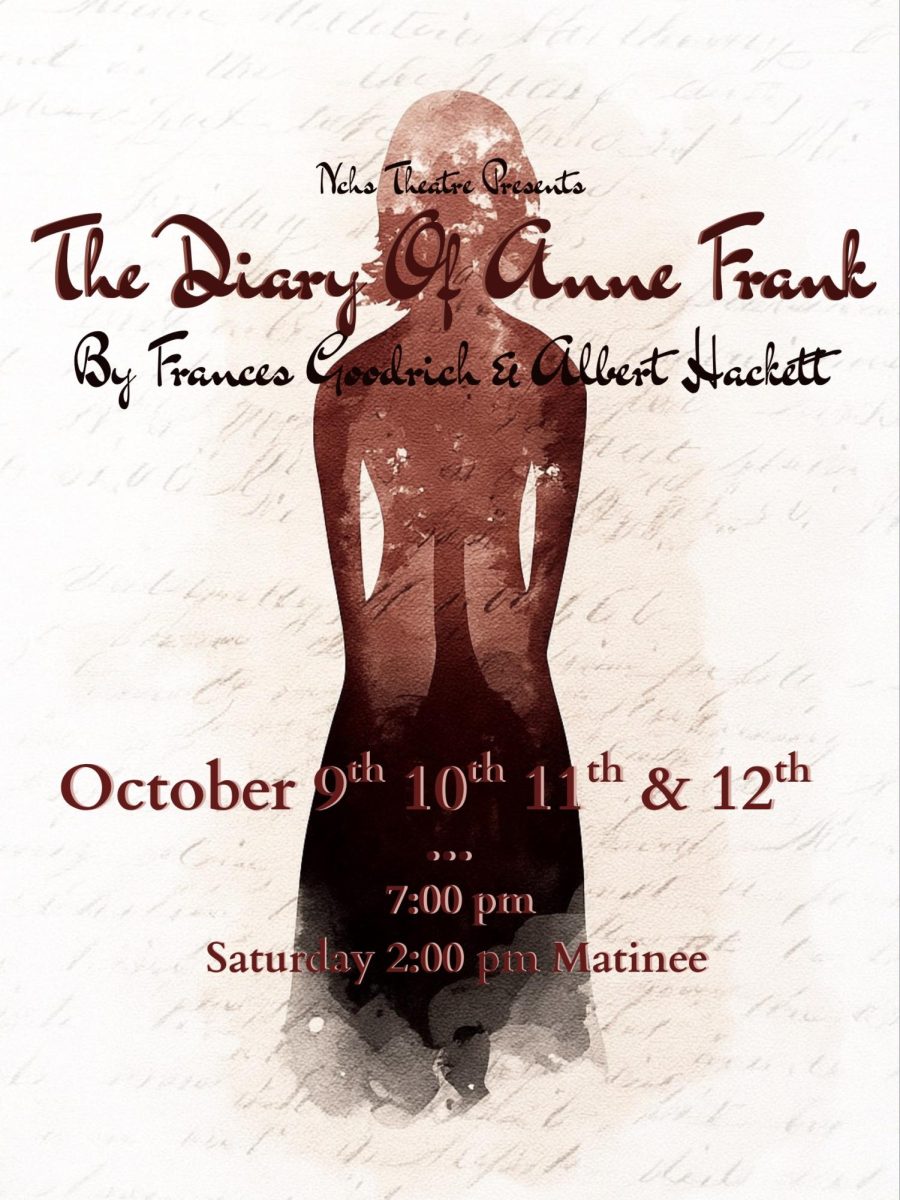
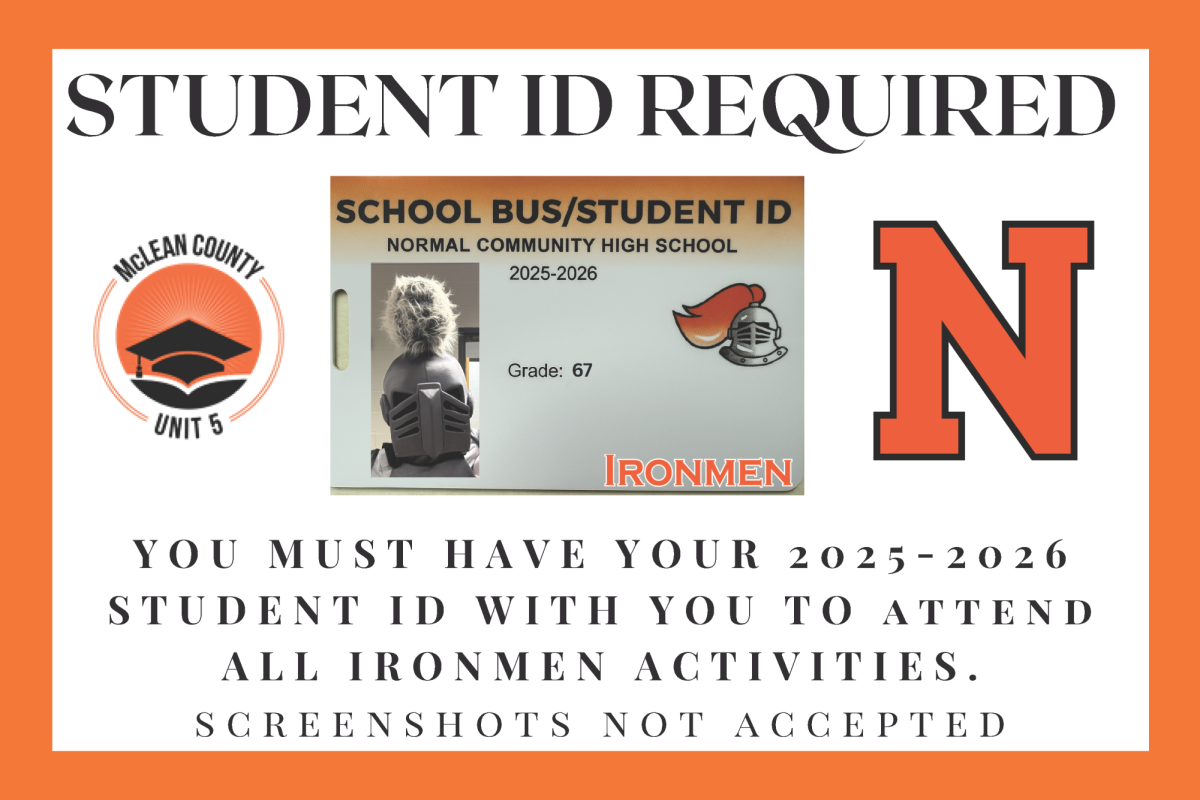
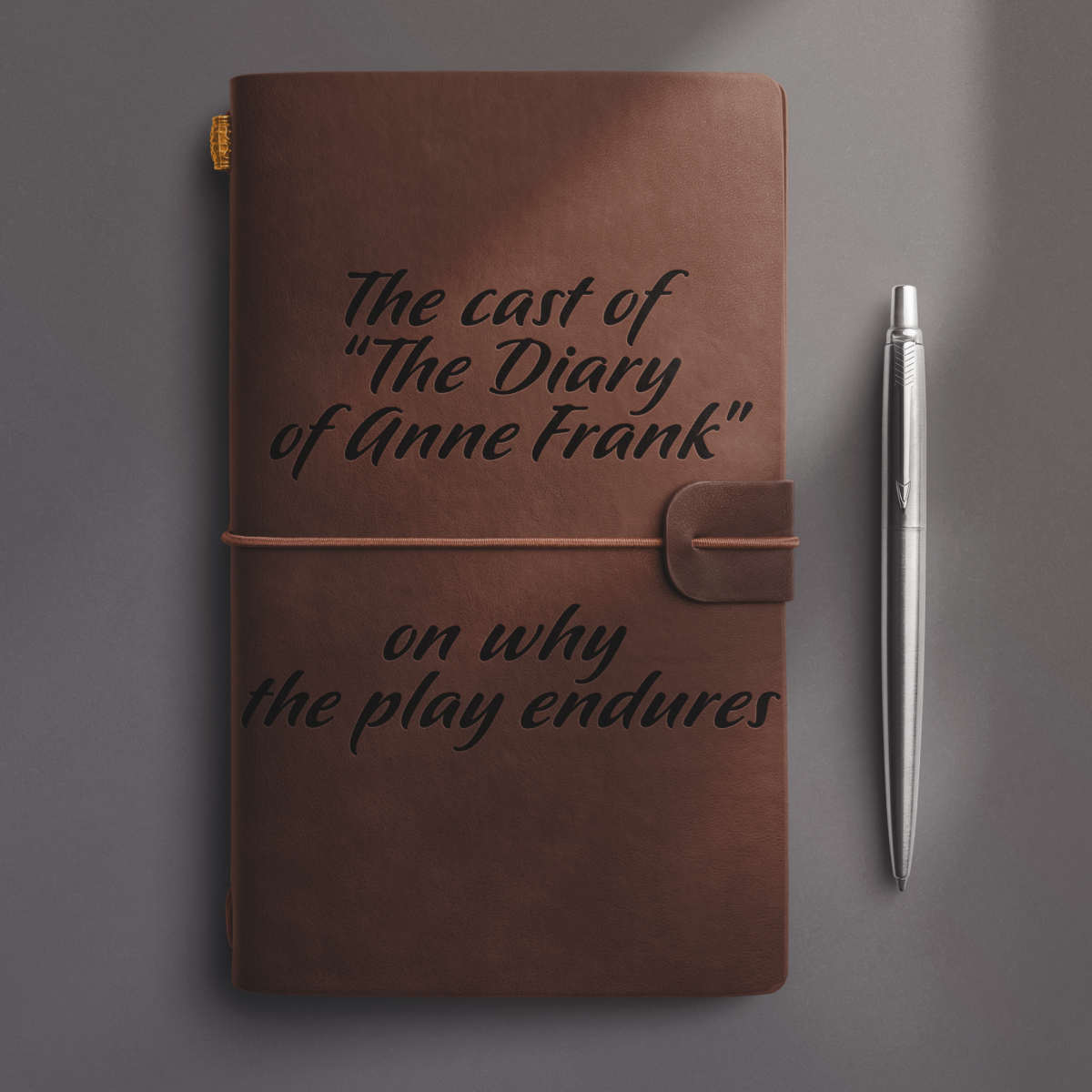



















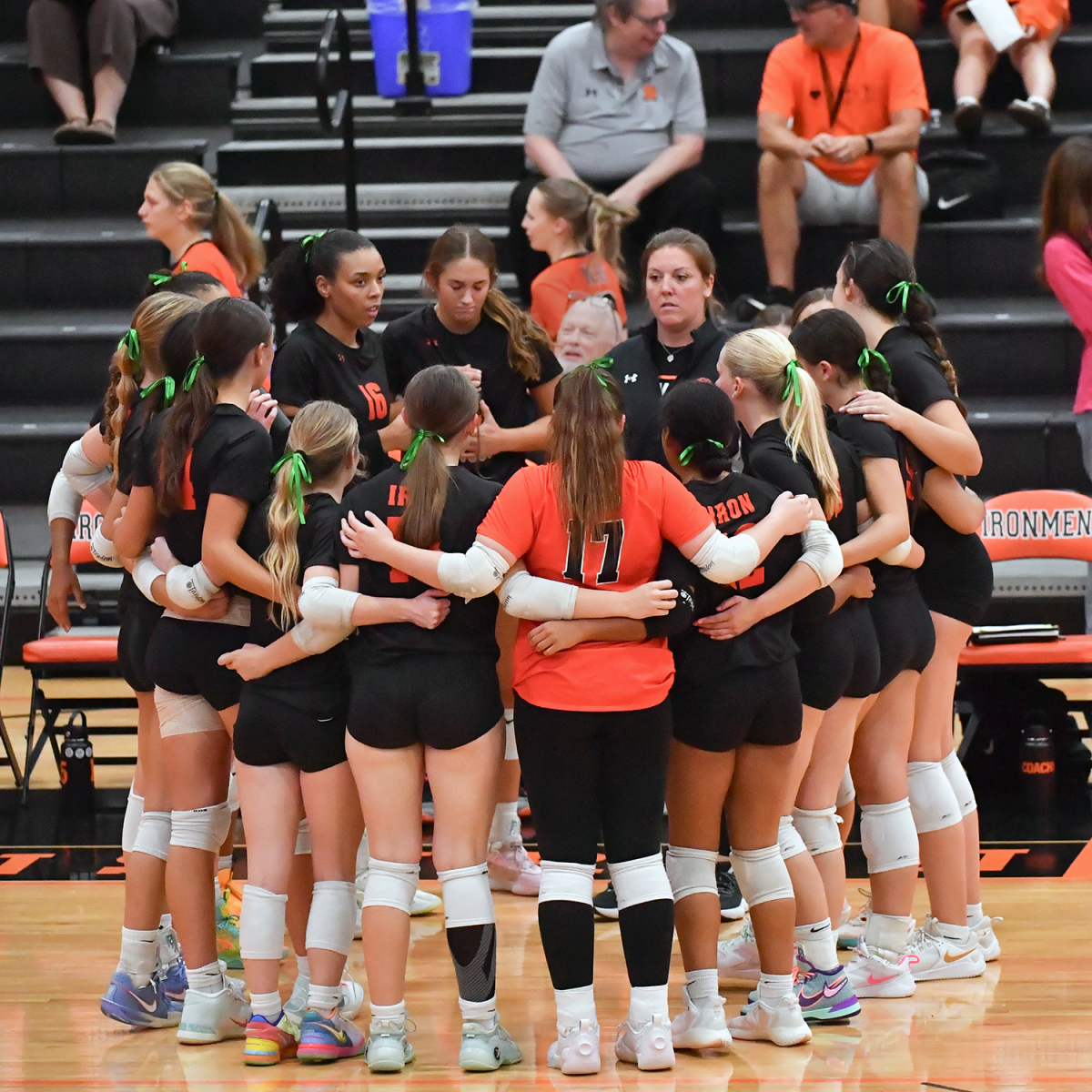
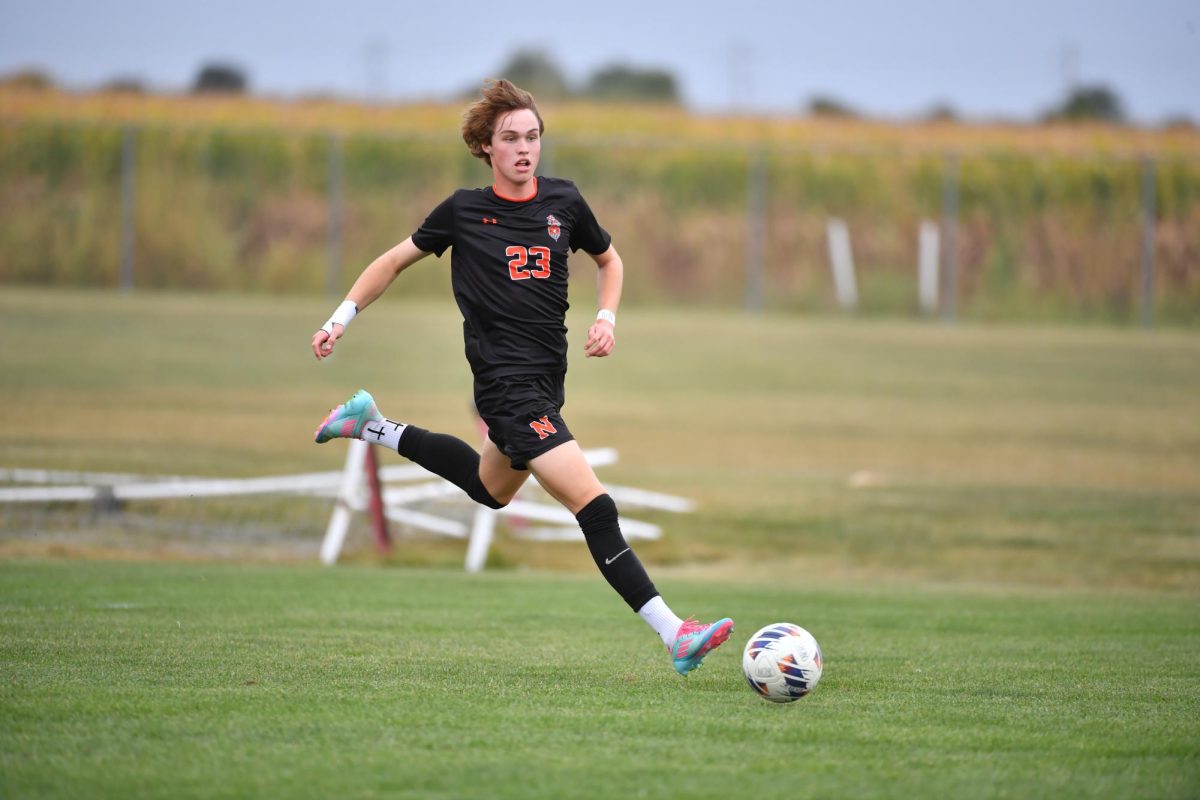
![Ironmen volleball head coach Ms. Christine Konopasek recorded her 400th career victory Oct. 21 as the Ironmen closed their regular season with a 2-0 sweep over Danville.
[Photo Illustration]](https://nchsinkspot.com/wp-content/uploads/2025/10/Vball400Thumb.png)
![Week 9: Coach Drengwitz on Week 8’s win, previewing Peoria High [video]](https://nchsinkspot.com/wp-content/uploads/2025/10/W9_PeoriaThumb.png)
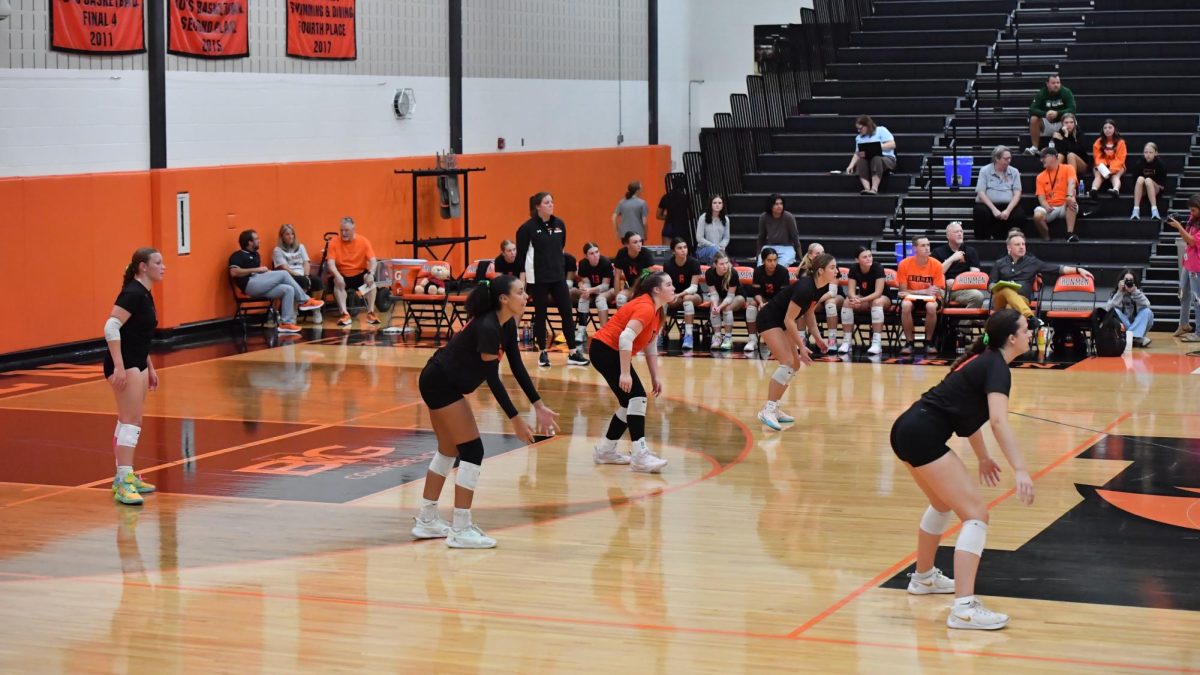





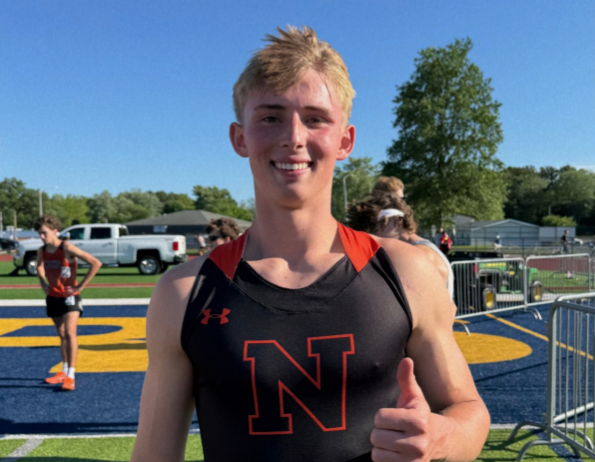
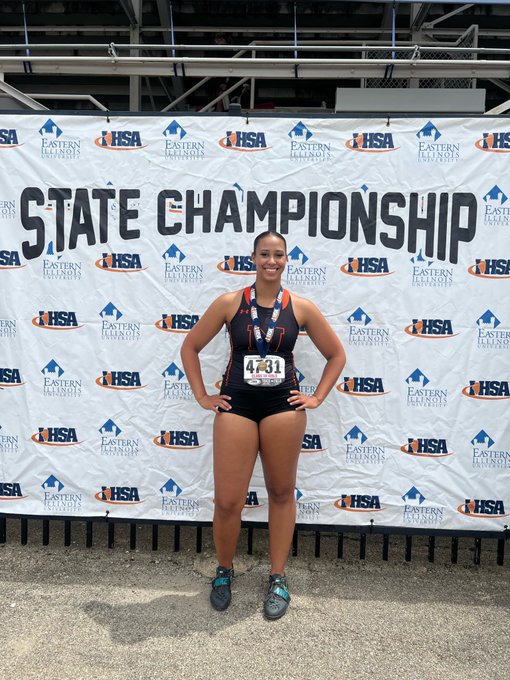
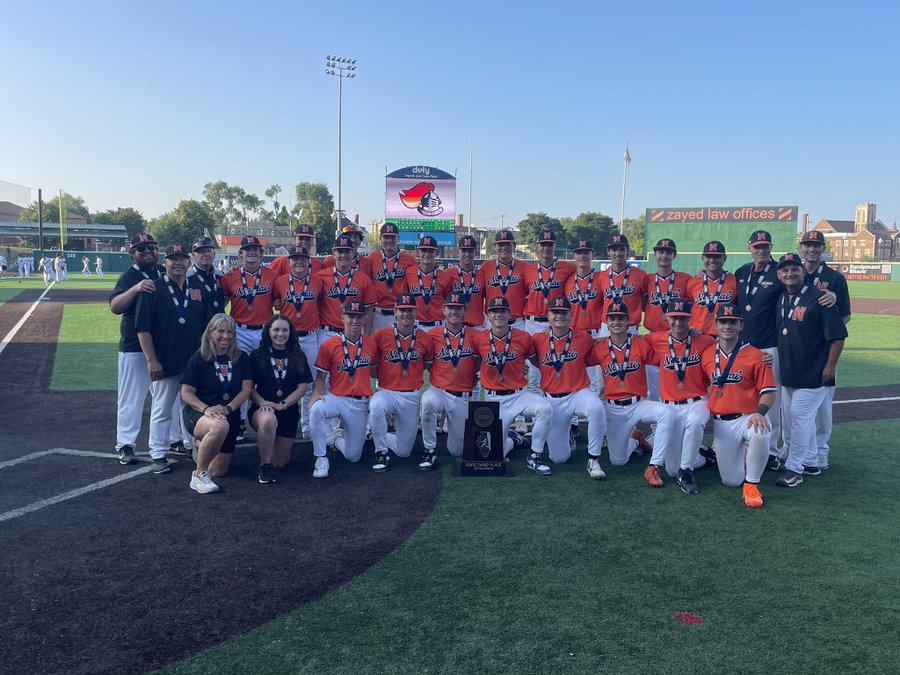








![Halloween candy cross section quiz [quiz]](https://nchsinkspot.com/wp-content/uploads/2022/10/Candy-cover-big-900x675.png)
![Average Jonah? [quiz]](https://nchsinkspot.com/wp-content/uploads/2022/05/average-jonah-900x600.png)







![[Photo Illustration]](https://nchsinkspot.com/wp-content/uploads/2025/09/trigger-words-1.png)










![Postgame: Drengwitz on Community’s 56-6 win over Champaign Centennial; staying unbeaten in Big 12 [video]](https://nchsinkspot.com/wp-content/uploads/2025/10/10.17_FBwChampCent56-6_POST_thumb.png)
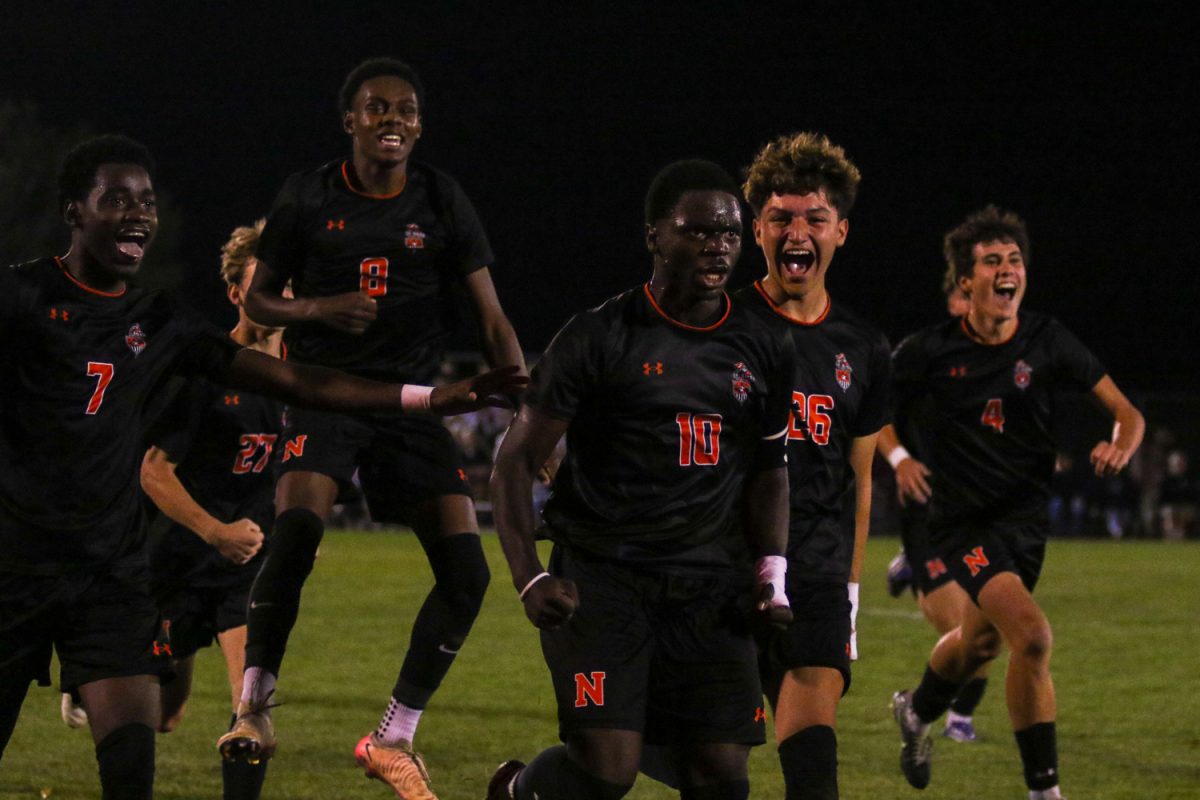
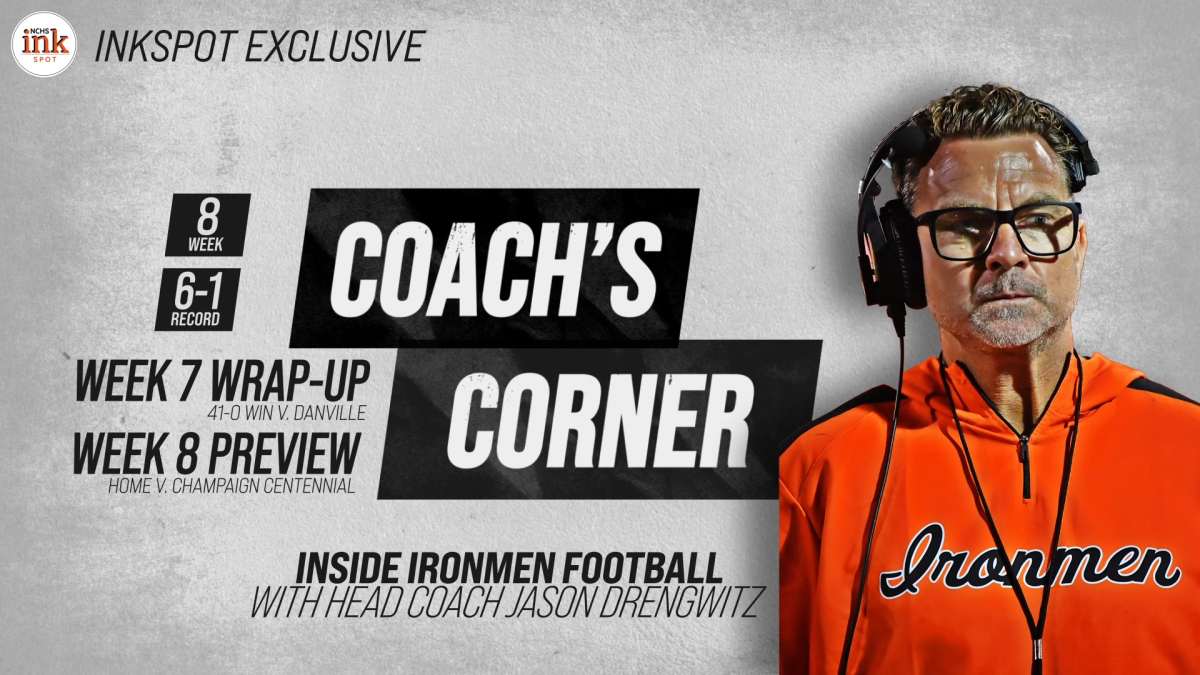





![Week 7: Coach Drengwitz recaps the Ironmen’s win over Bloomington, talks Danville [video]](https://nchsinkspot.com/wp-content/uploads/2025/10/Vikings-feature-Image-1200x675.png)
![On the Spot: This or That – Halloween [video]](https://nchsinkspot.com/wp-content/uploads/2024/10/tot-Halloween-YT-1200x675.png)
![On the Spot: This or That – Fall favorites [video]](https://nchsinkspot.com/wp-content/uploads/2024/10/ots-fall-web-1200x800.png)
![On the Spot – Teachers tested on 2023’s hottest words [video]](https://nchsinkspot.com/wp-content/uploads/2024/01/On-the-Spot-Teachers-tested-1200x675.png)













